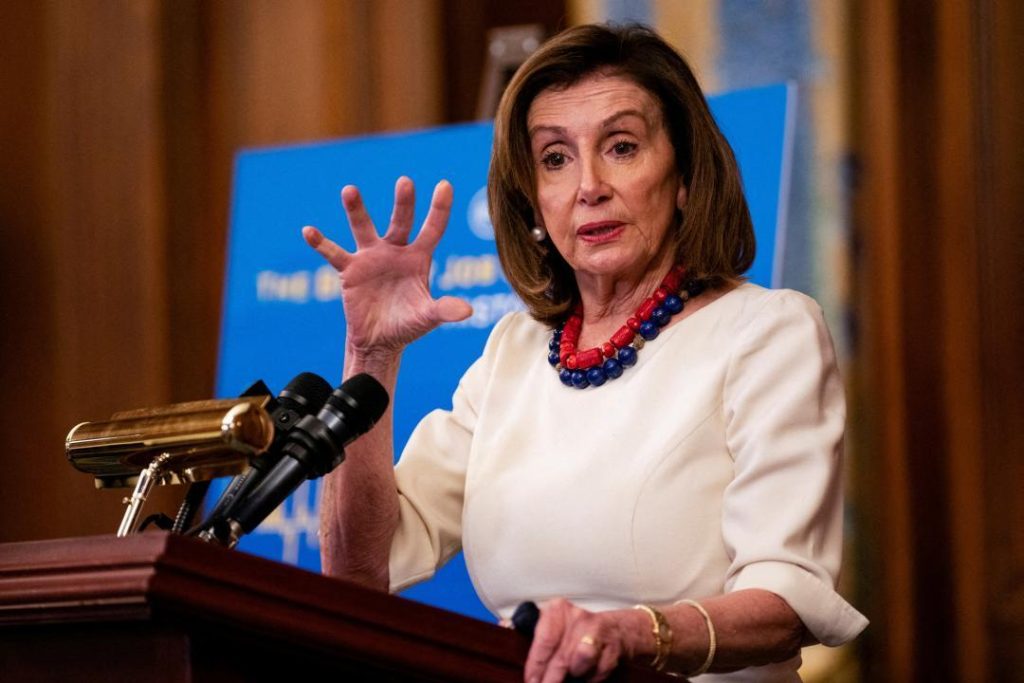
What is the PELOSI Act & why is it named after former US Speaker Nancy Pelosi?
The Preventing Elected Leaders from Owning Securities and Investments (PELOSI) Act, reintroduced by US Senator Josh Hawley, aims to address a long-standing concern in the American political landscape: the potential for lawmakers to use their positions to benefit from insider trading and other market manipulations. The bill, which has sparked intense debate, seeks to prohibit elected officials and their spouses from holding or dealing in individual stocks while in office. Instead, they would be allowed to invest in mutual funds, exchange-traded funds (ETFs), and Treasury bonds.
But what’s behind the peculiar name of the PELOSI Act? The answer lies in the financial exploits of none other than former US Speaker of the House Nancy Pelosi. During her time in office, Pelosi’s family profited handsomely from the stock market, with her husband’s investments in companies such as Apple, Amazon, and Google resulting in significant gains. This has led many to question the potential for conflicts of interest and the appearance of impropriety.
The PELOSI Act is not a new concept. It was first introduced in 2019 by Senator Hawley, who has long been a vocal critic of the potential for lawmakers to use their positions to enrich themselves. The bill has gained renewed attention in recent months, as concerns about insider trading and market manipulation have grown.
So, what does the PELOSI Act propose? In a nutshell, the bill would prohibit lawmakers and their spouses from owning or dealing in individual stocks, with some exceptions. For instance, lawmakers would still be allowed to invest in mutual funds, ETFs, and Treasury bonds, which are considered more transparent and less susceptible to insider trading.
The idea behind the PELOSI Act is to prevent lawmakers from using their positions to gain an unfair advantage in the market. With the potential for conflicts of interest, it’s argued that lawmakers may be tempted to use non-public information to make financial decisions that benefit themselves and their families. By prohibiting individual stock ownership, the bill aims to create a level playing field and ensure that lawmakers are not using their positions to enrich themselves.
But not everyone is convinced that the PELOSI Act is the solution to the problem. Some argue that the bill is overly broad and could have unintended consequences, such as limiting lawmakers’ ability to invest in the economy or diversify their portfolios. Others point out that the bill does not address the root causes of the problem, such as the need for greater transparency and accountability in the financial sector.
Despite these concerns, the PELOSI Act has gained significant support from both sides of the aisle. Many lawmakers have expressed agreement with the bill’s underlying principles, arguing that it’s essential to protect the integrity of the financial system and prevent conflicts of interest.
The PELOSI Act is not the only solution being proposed to address concerns about insider trading and market manipulation. Some argue that greater transparency and accountability are needed, with proposals such as mandatory disclosure of lawmakers’ financial transactions and the creation of an independent ethics commission. Others suggest that the SEC should have greater authority to investigate and prosecute cases of insider trading and market manipulation.
In conclusion, the PELOSI Act is a complex and controversial proposal that aims to address a long-standing concern in the American political landscape. While its proponents argue that it’s essential to protect the integrity of the financial system and prevent conflicts of interest, its critics argue that it’s overly broad and could have unintended consequences. Regardless of one’s stance on the bill, it’s clear that the issue of insider trading and market manipulation is a pressing concern that requires a comprehensive and multifaceted approach.



